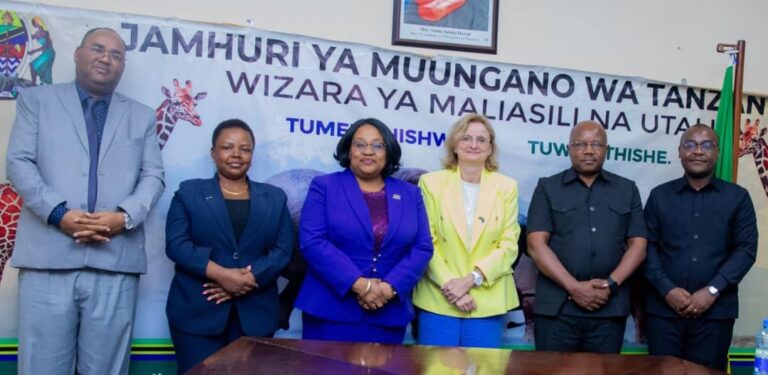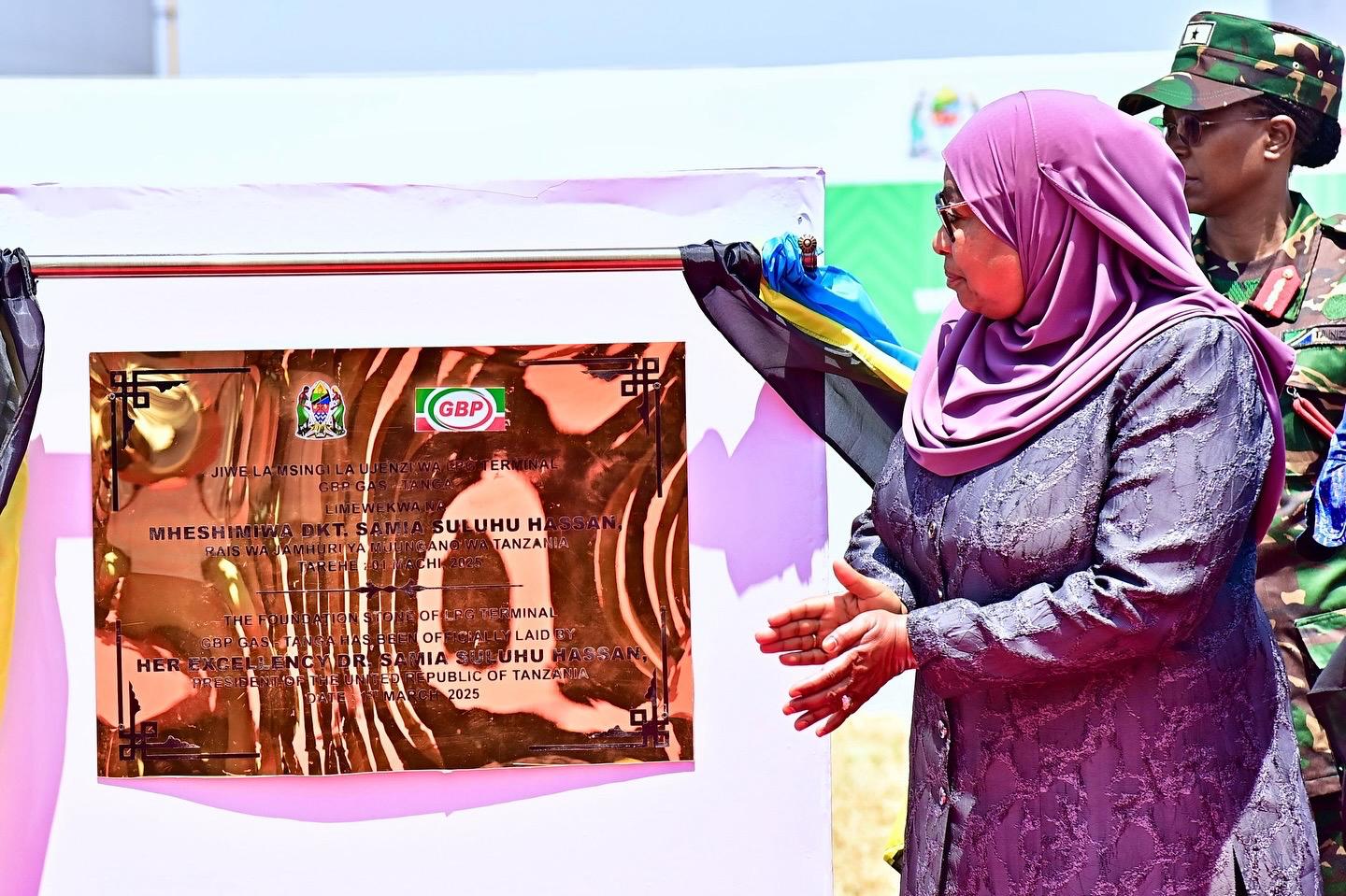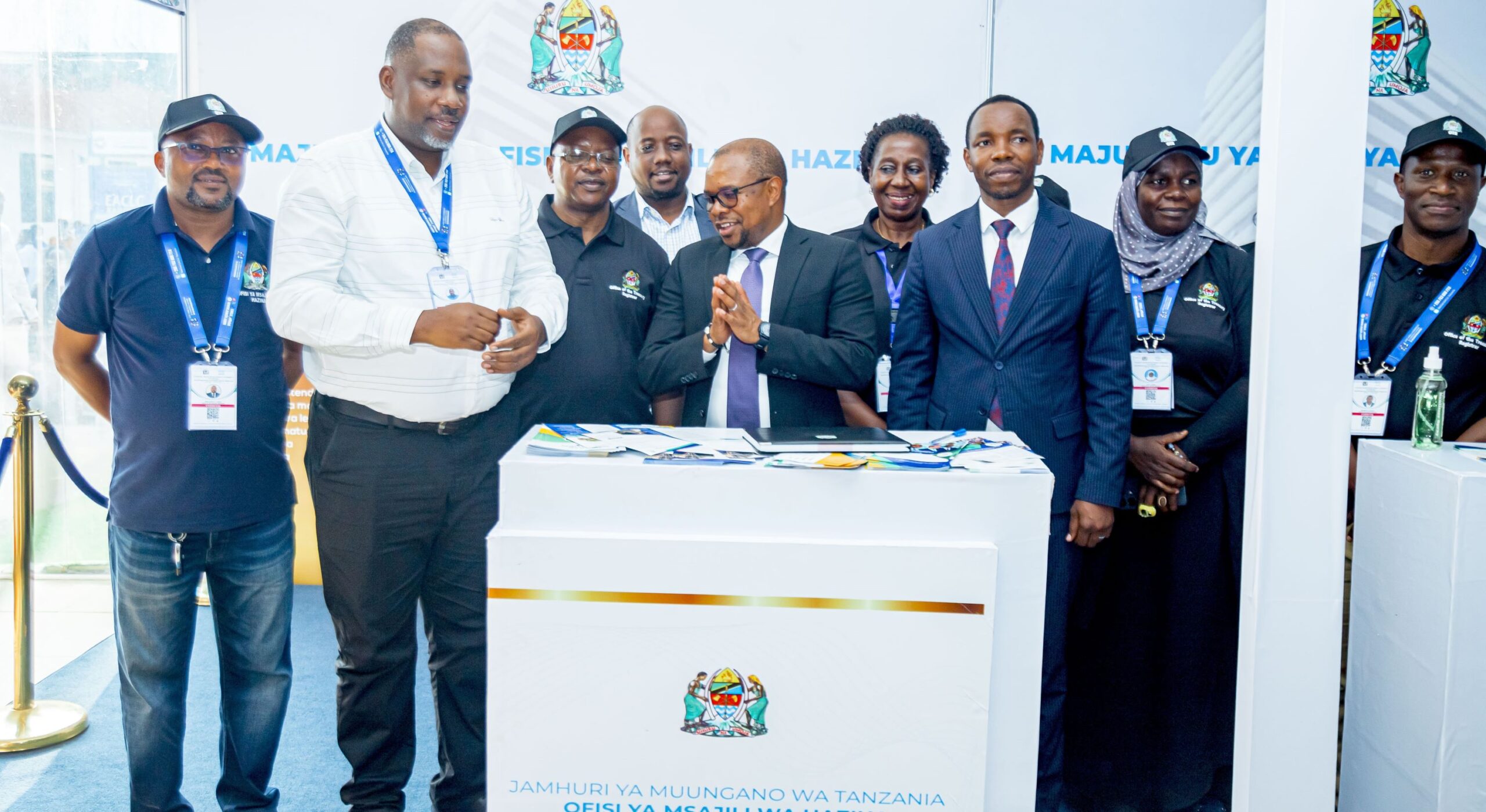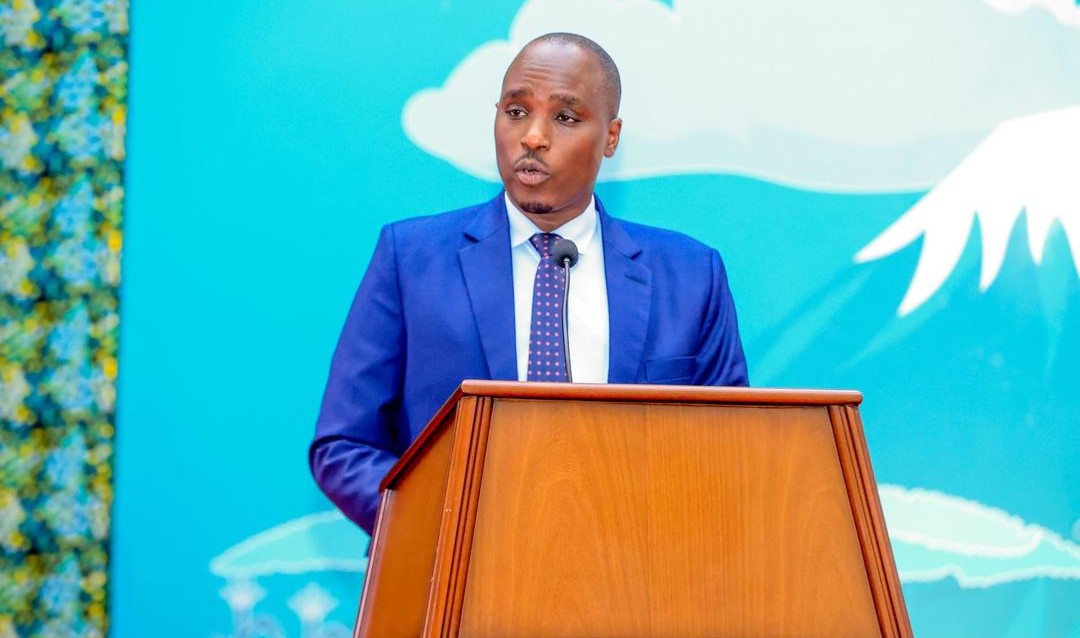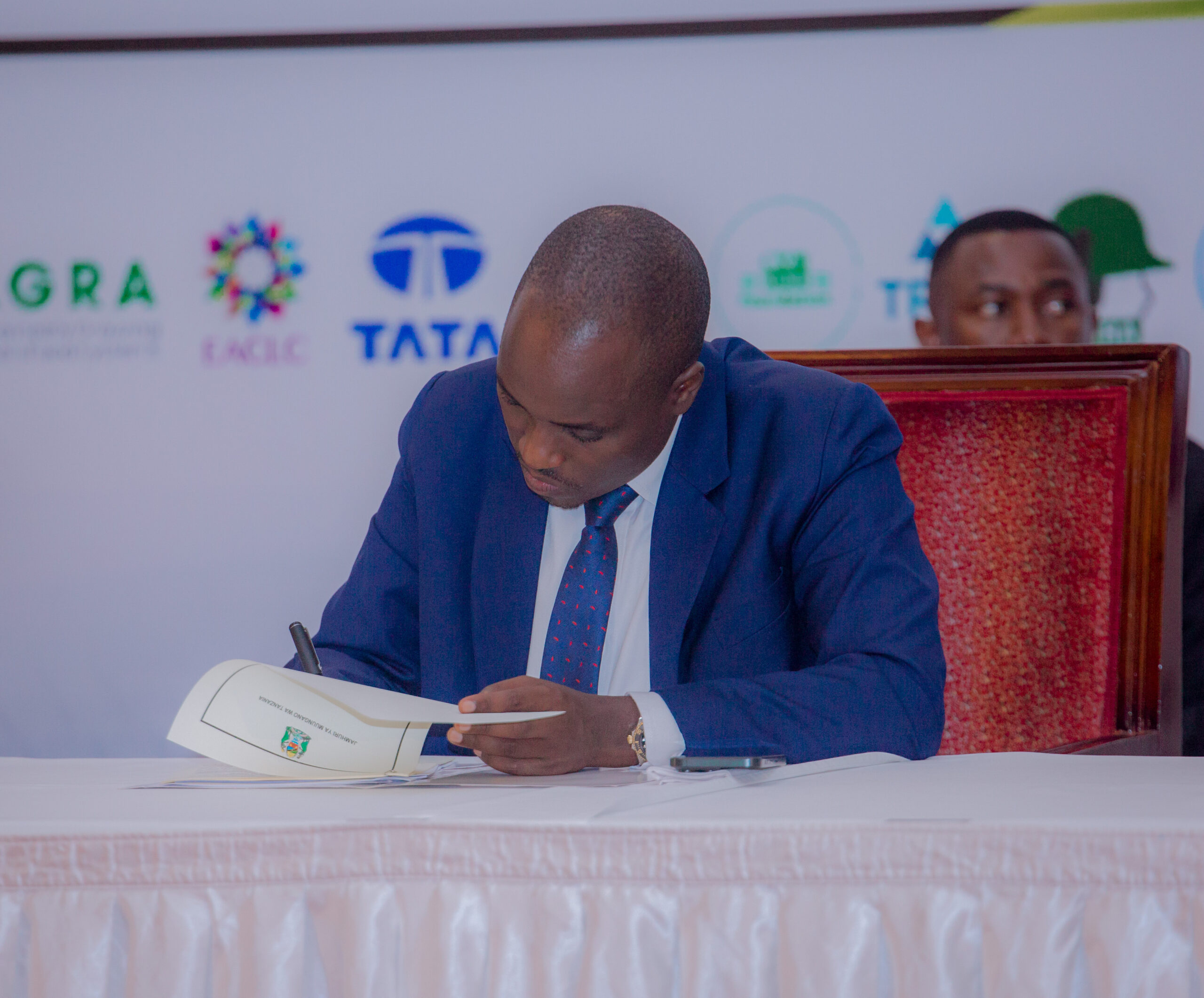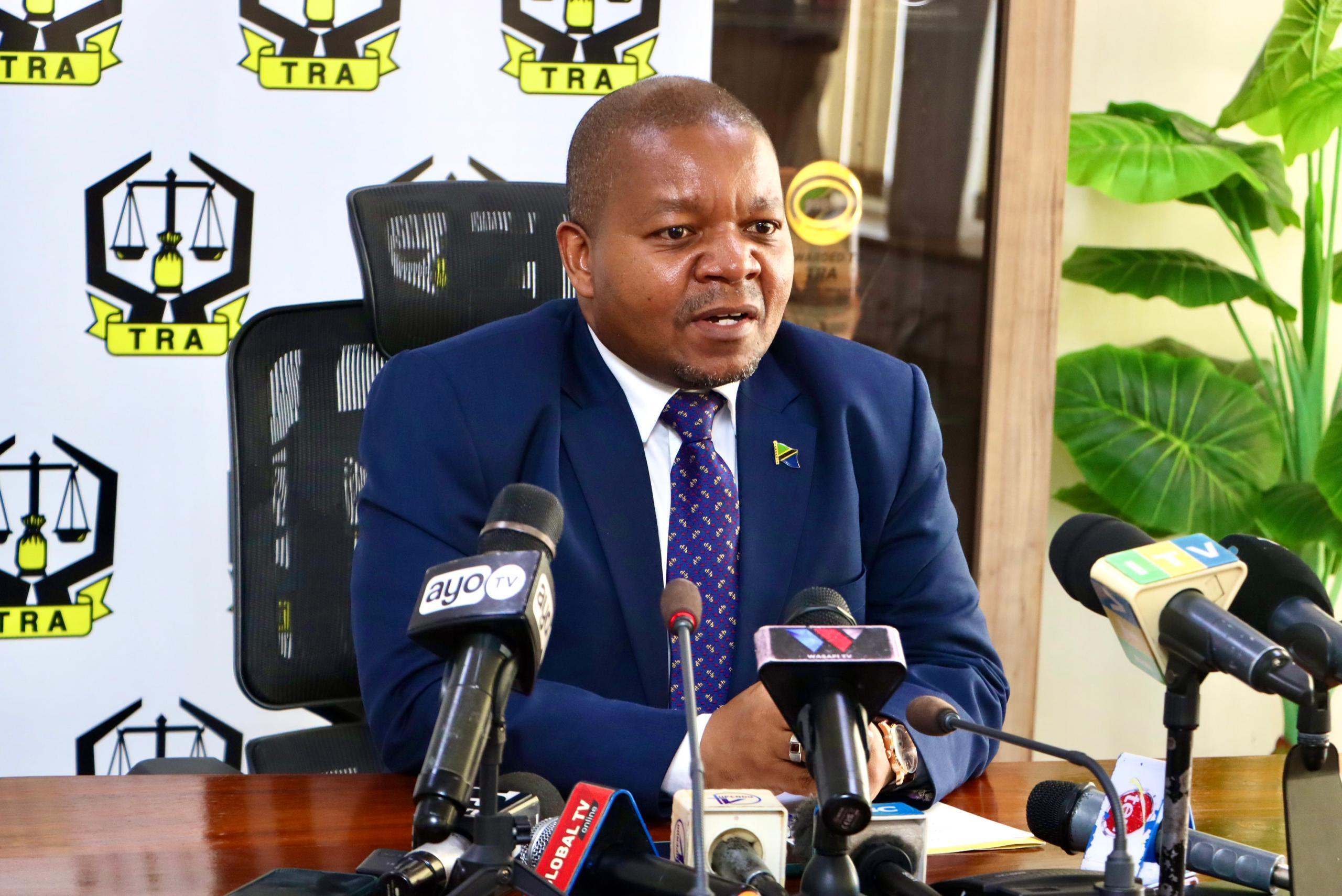Dodoma. The government of Tanzania and the European Union (EU) have expressed a shared commitment to deepen cooperation in the natural resources and tourism sectors, with emphasis on environmental conservation, the blue economy, beekeeping, and combating the illegal harvesting of forest and wildlife products.
This resolve was reached during a meeting held on June 4, 2025 at the ministry of Natural Resources and Tourism headquarters in Dodoma, between the minister for Natural Resources and Tourism, Dr Pindi Chana, and the EU Ambassador to Tanzania, Ms Christine Grau.
Speaking during the meeting, Dr Chana appealed to the EU to support investment in technology and research related to clean cooking energy, forestry-based industries, and the establishment of a Forest Art Laboratory at the Tanzania Forestry Research Institute (TAFORI).
“Our focus is on leveraging technology in conservation efforts, as one-third of the country’s landmass comprises natural resources. This is a global responsibility, not just a continental one,” said Dr Chana.
The minister further urged the EU to support the implementation of a new national beekeeping development programme aimed at improving livelihoods, particularly by creating employment opportunities for women and youth.
The initiative also seeks to enhance the conservation of bee resources and other natural assets, boost production of bee products for export, and implement the second phase of the Beekeeping Value Chain (BEVAC) project.
With regard to the forestry sector, Dr Chana invited investors to consider carbon trading initiatives, noting the potential benefits for both community welfare and national economic growth while safeguarding forest resources.
She also raised concerns about the continued dependence on unsustainable energy sources, pointing out that over 90 per cent of Tanzanian households rely on charcoal and firewood for cooking.
This, she said, accounts for approximately 54 per cent of deforestation in the country. Investing in clean cooking energy, she argued, would reduce indiscriminate tree felling and promote land preservation for sustainable development.
On her part, Ambassador Grau affirmed the EU’s readiness to offer robust support towards the advancement of Tanzania’s natural resources and tourism sectors.
“We have been implementing a number of conservation initiatives within these sectors, including activities in Serengeti National Park and the Selous Game Reserve. Our support also extends to community-based wildlife management and the development of the blue economy along coastal areas and in Zanzibar,” she noted.
She added that the EU had also launched a clean cooking energy programme, assisted in the establishment of a national carbon trading centre, and was actively involved in curbing the illegal trade of forest and wildlife products.
The meeting was also attended by the Director of Wildlife, Mr Alexander Lobora, Assistant Director for Forestry and Beekeeping, Mr Daniel Pancras, and an official from the Ministry of Foreign Affairs and East African Cooperation.

